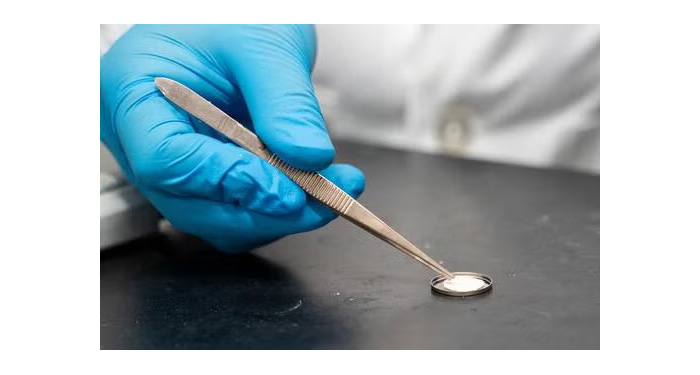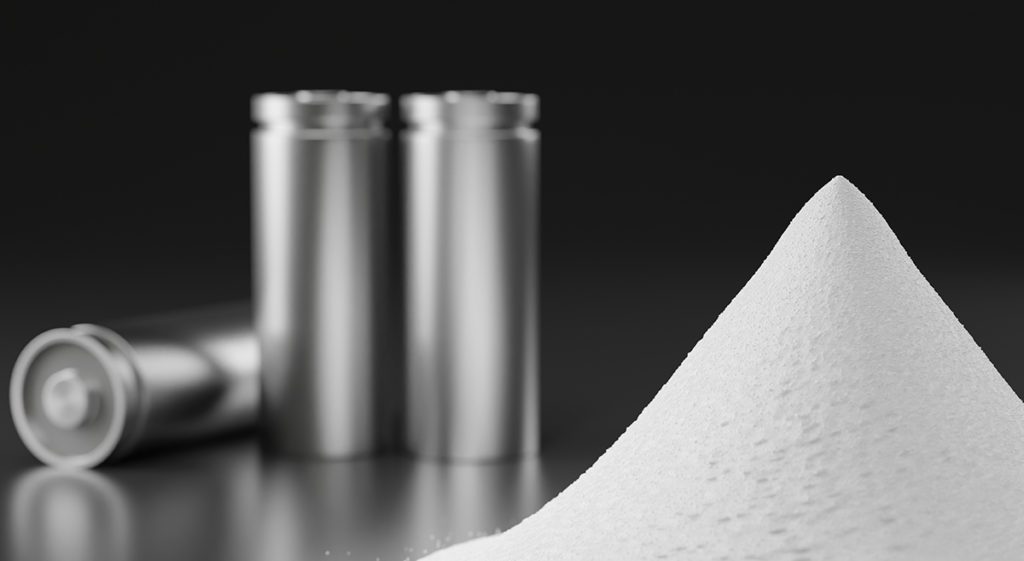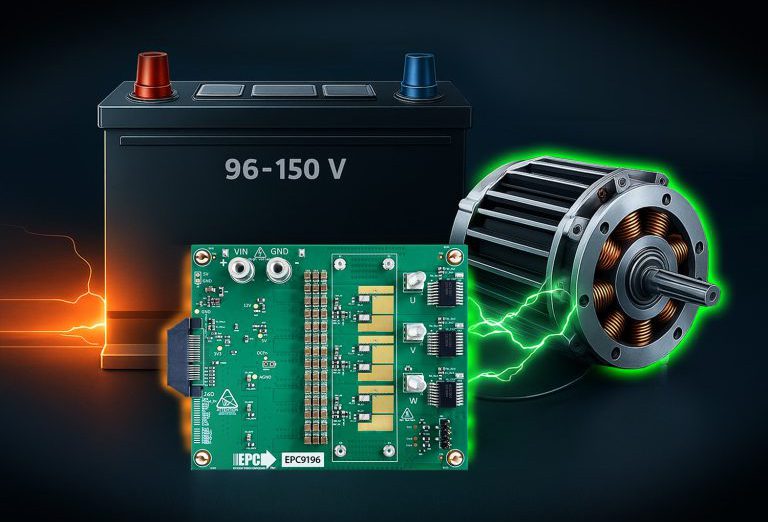Researchers at the University of Waterloo in Canada have devised a new electrolyte design that enables a highly efficient magnesium battery anode.
Magnesium is much more abundant and less costly than lithium, which would help further sustainable energy storage. However, initial research on magnesium-based batteries generated 1 V, less than a standard AA battery, which operates at 1.5 V. The electrolyte that the university’s research developed was found to operate at up to 3 V and has the potential to increase with further cathode design development.
Linda Nazar, a professor in the Department of Chemistry and Canada Research Chair in Solid State Energy Materials, and Chang Li, a postdoctoral fellow in the Nazar Group, collaborated with UC Berkeley and Sandia National Labs on the research.
The research, titled “A Dynamically Bare Metal Interface Enables Reversible Magnesium Electrodeposition at 50 mAh cm-2,” was published in Joule.
“The electrolyte we developed allows us to deposit magnesium foils with high efficiency and it is stable to a higher voltage than successfully tested before,” said Li. “All we need now is the right cathode to bring it all together.”
Li and Nazar’s electrolyte design is inexpensive and could be scaled up quickly for the next-generation battery market. It is also non-corrosive and non-flammable, two important improvements over previous electrolyte iterations.
“This is another big step on the road towards commercializing a functional magnesium battery,” said Nazar. “We hope our work will open up a door for us, or someone else, to discover and develop the right positive electrode that will complete the magnesium battery puzzle.”
Source: University of Waterloo



















































































